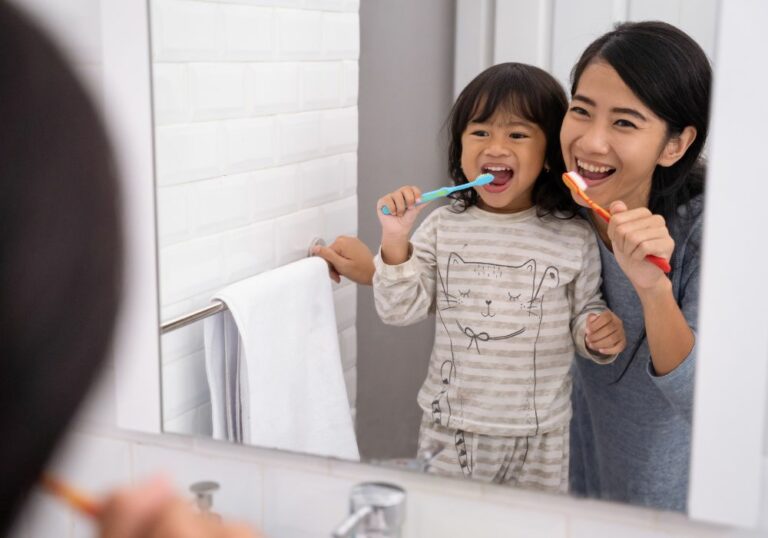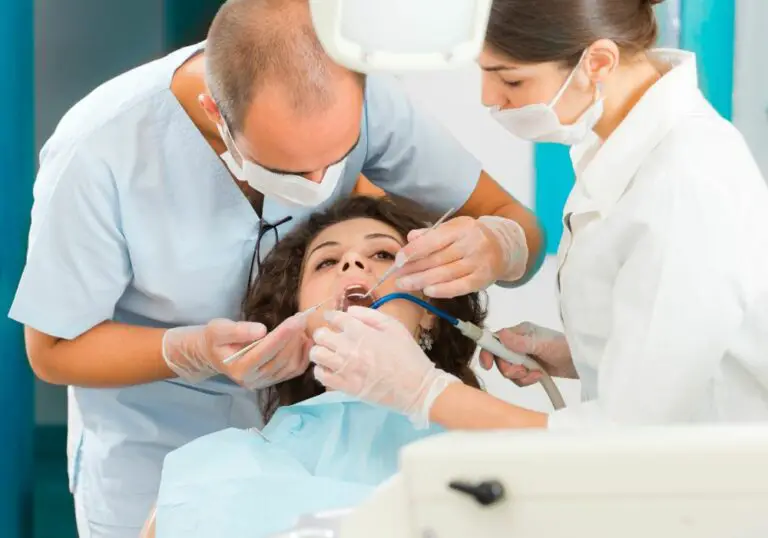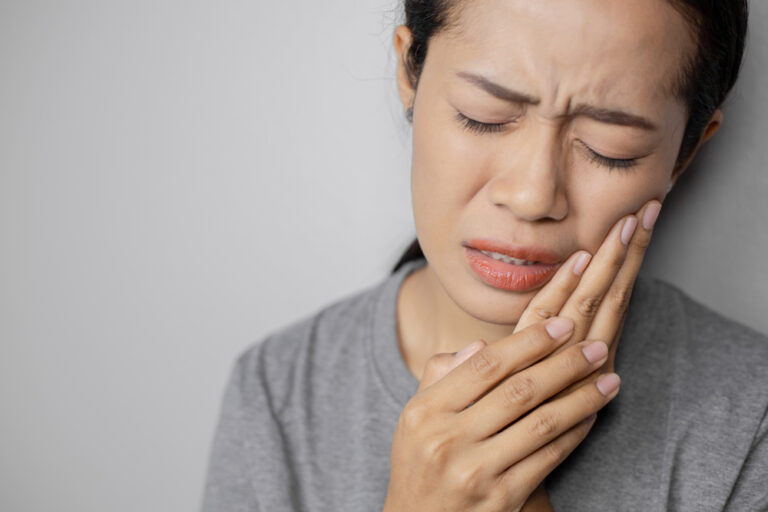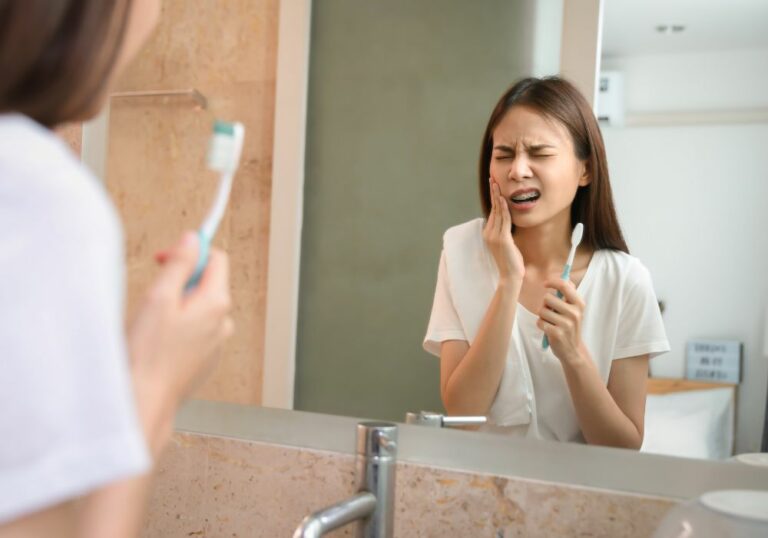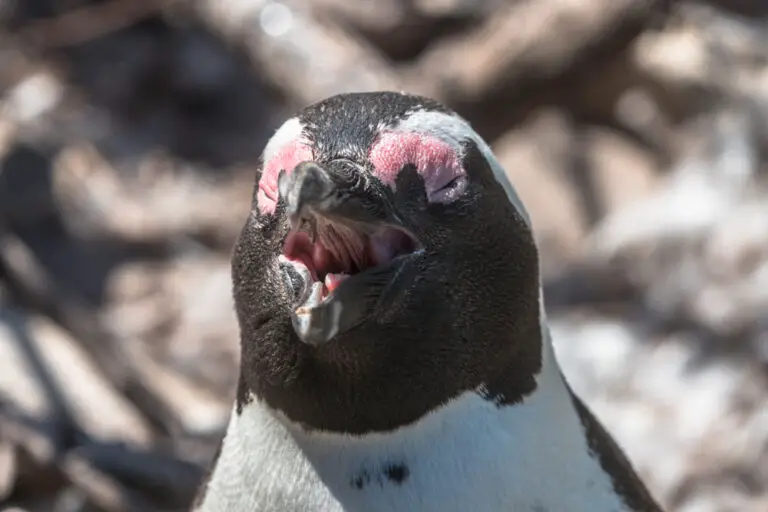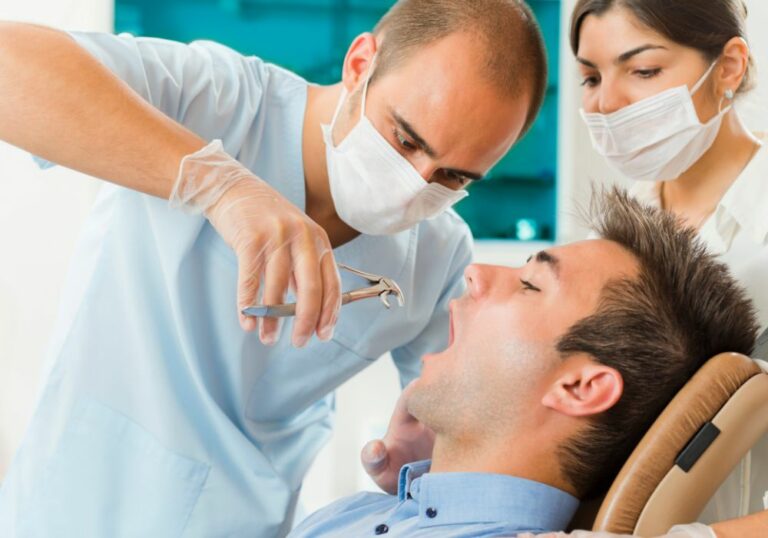Rinsing the mouth out with water after brushing is a common habit for many people. However, some dentists advise against rinsing after brushing your teeth. So what is the recommendation?
Rinsing washes away much of the fluoride residue left behind from toothpaste. Fluoride is important because it helps strengthen tooth enamel and prevent cavities from forming. When you rinse away the fluoride right after brushing, you are removing this protective coating before it has time to properly absorb into your teeth.
Therefore, the consensus among most dental professionals is to avoid rinsing with water after brushing. Simply spit out any excess toothpaste foam instead. This allows the concentrated fluoride to remain on your teeth longer and provide greater benefits.
Situations When Rinsing May Be Necessary
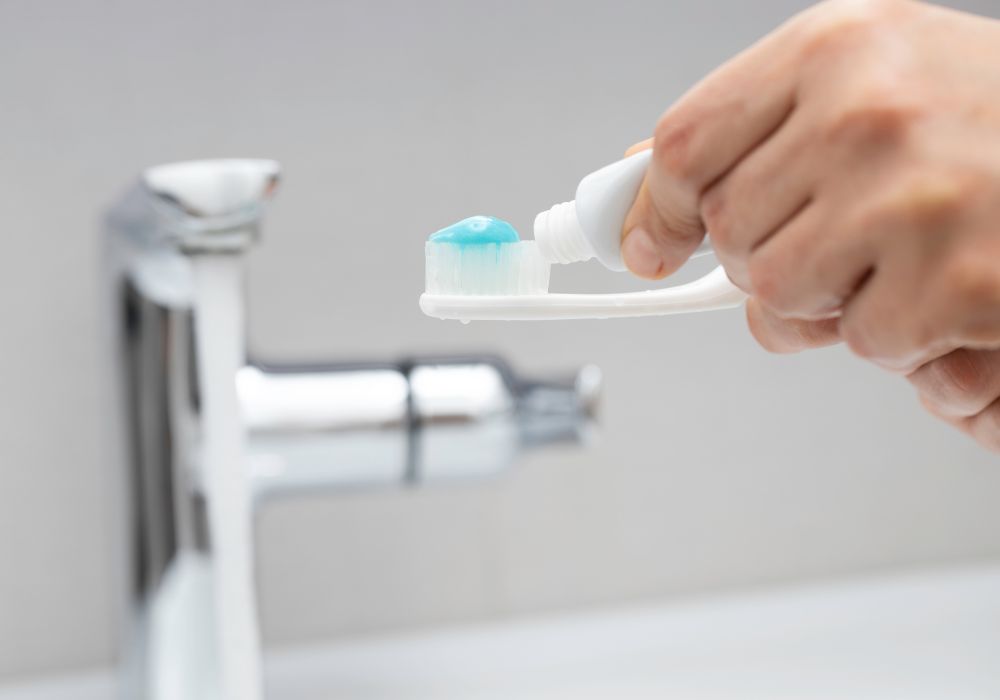
There are a few exceptions where you may need to briefly rinse after brushing:
- If you need to immediately take medication that should not be mixed with toothpaste
- If you experience a burning sensation in your mouth from peppermint oils found in some toothpastes
- If you have gum disease, ulcers, or other mouth sensitivities that are aggravated by toothpaste
In these situations, a quick 10-15 second rinse to remove excess toothpaste may be advised. Then avoid additional rinsing, drinking, or eating for at least 30 minutes to still gain the protective effects of the fluoride.
Is Drinking Water After Brushing Harmful?
Drinking water right after brushing your teeth can dilute and wash away the concentrated fluoride left in your mouth from toothpaste. This decreases its power to strengthen enamel, remineralize early decay, and prevent new cavities from forming.
However, having an occasional sip of water after brushing is not going to completely negate the effects of fluoride. The biggest impact comes from intentionally rinsing and swishing water in your mouth immediately after brushing.
Here are some tips for maximizing the benefits from your fluoride toothpaste:
- Brush for 2 full minutes, twice per day as directed
- Gently spit out excess toothpaste instead of rinsing
- Avoid eating or drinking anything for at least 30 minutes after brushing
- When you do drink, use a straw to bypass your teeth as much as possible
Following these simple precautions allows your teeth to soak up the high concentration of fluoride for longer, while minimizing dilution from drinking.
Effects on Fluoride Efficacy
Multiple studies have shown that the power of fluoride to prevent cavities and strengthen enamel is significantly reduced when the concentration is decreased. Rinsing with water after brushing, as well as drinking, can lower the fluoride concentration in the following ways:
- Dilutes fluoride in saliva and dental plaque by up to 50% in just 5 minutes
- Lowers the amount of fluoride retained in saliva by 84% after drinking one glass of water
- Causes 10 times less fluoride to be retained on tooth enamel surfaces when rinsing
The more diluted the fluoride becomes on your teeth, the less effective it is at protecting your teeth from decay and erosion. That is why avoiding rinsing and drinking for 30 minutes after brushing is recommended.
Timeline After Brushing Teeth
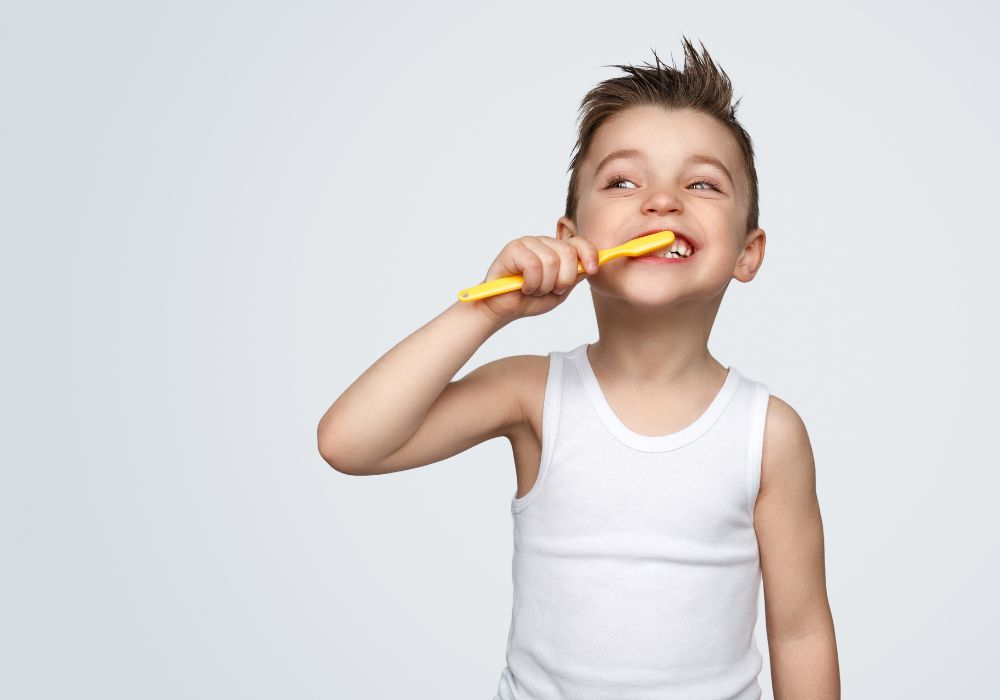
Follow these general timelines after brushing for optimal oral health:
Immediately After Brushing
- Spit out excess toothpaste gently, don’t rinse or gargle water
- Avoid eating or drinking anything for 30 minutes minimum
30 Minutes After Brushing
- It is now safe to drink water or other beverages
- Use a straw to minimize liquid contacting your teeth
- Avoid sugary, acidic, or caffeinated drinks which interfere with fluoride
1 Hour After Brushing
- You can now safely consume food as well as drinks
- Continue to select healthy beverage options when possible
Nighttime Brushing
- Avoid any eating or drinking for 30 minutes after brushing before bed
- Don’t drink water or other beverages right before bedtime
Sticking to these fluoride timing guidelines allows your teeth to absorb the maximum strengthening and decay-fighting benefits from brushing with a fluoride toothpaste. Be sure to brush twice per day, floss daily, and get regular dental checkups.
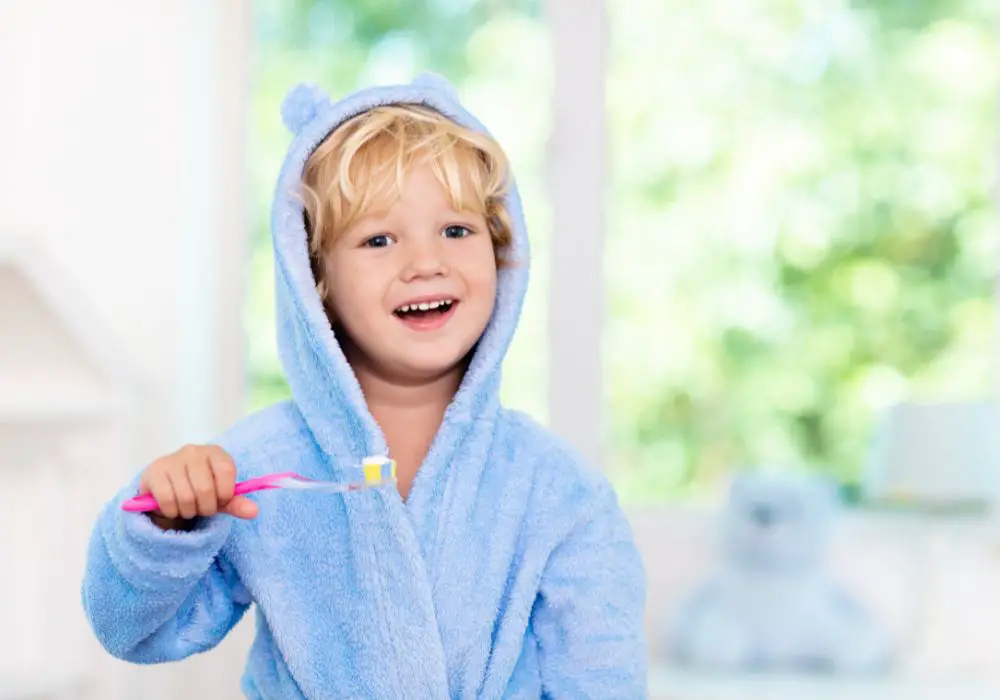
Frequently Asked Questions
Is it okay to drink water right after I brush my teeth?
No, you should avoid drinking water right after brushing your teeth. Water will rinse away most of the beneficial fluoride residue before your teeth have time to fully absorb it. Wait at least 30 minutes after brushing before consuming any foods or drinks.
Can I drink coffee after I brush my teeth in the morning?
It’s best to wait at least 30 minutes after brushing to drink coffee. Coffee is acidic and will neutralize the protective effects of fluoride on your tooth enamel. The longer you can wait between brushing and drinking coffee, the better.
What types of drinks are safe to have after brushing?
Plain water is the best option if you need to drink shortly after brushing. Avoid acidic beverages like coffee, fruit juice, or soda which will interact negatively with the fluoride. Non-acidic options like milk are okay. Using a straw helps avoid contact between liquids and teeth.
Why shouldn’t you rinse your mouth after brushing?
Rinsing with water right after brushing removes most of the fluoride residue before it has a chance to properly absorb into and strengthen your tooth enamel. Fluoride helps prevent cavities and decay, so rinsing decreases these beneficial effects.
Is it better to brush your teeth before or after eating breakfast?
It’s generally recommended to brush your teeth before eating breakfast if possible. This allows the high concentration fluoride coating to set on your teeth before exposing them to acidic foods and drinks. If brushing after breakfast, wait at least 30 minutes before brushing.
Conclusion
While the occasional sip of water after brushing is not hugely detrimental, make it a habit to avoid rinsing, drinking, and eating for at least 30 minutes after brushing. This gives your teeth time to absorb and benefit from the concentrated fluoride left from toothpaste. Following correct timing guidelines optimizes the strengthening and decay-preventing effects of fluoride toothpaste.

